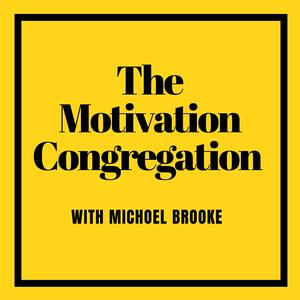The litmus test of authentic leadership isn't popularity – it's principled action in the face of opposition. This profound insight comes from the Maharal Diskin's analysis of a subtle textual difference in how the Torah describes the deaths of Moses and Aaron.When Aaron died, the Torah specifically mentions that "all the children of Israel" mourned him. This universal grief makes sense – Aaron was beloved as a peacemaker, mediator, and community therapist who brought harmony to families and partnerships. Everyone showed up to his funeral because his leadership style prioritized relationships and emotional connection.Moses, however, presents a striking contrast. Near the Torah's conclusion, we learn of his death with notably different wording – the text simply says "the children of Israel wept," omitting the word "all." Rashi explicitly points out that unlike Aaron's funeral, not everyone attended Moses' – specifically, the women and children were absent.Rather than viewing this as a criticism, the Maharal Diskin reveals it as Moses' highest praise. Throughout his leadership, Moses consistently stood against opposition, confronted rebellion, and made difficult decisions that weren't always popular. He prioritized God's will over public approval. This willingness to stand firm, even when it cost him popularity, exemplifies the backbone of authentic Jewish leadership.This teaching carries powerful implications for anyone in a leadership position today. Our culture often celebrates leaders who avoid conflict and maintain universal approval. Yet the Torah suggests that meaningful leadership sometimes requires making decisions that won't win popularity contests but uphold essential principles. As the saying goes, "If you don't have any enemies, have you ever truly stood for anything?"Are you leading to be loved, or leading for what's right? The answer might determine whether your leadership will truly make a difference when it matters most.Support the showJoin The Motivation Congregation WhatsApp community for daily motivational Torah content!---------------- SUBSCRIBE to The Weekly Parsha for an insightful weekly talk on the week's Parsha. Listen on Spotify or 24six! Access all Torah talks and listen to featured episodes on our website, themotivationcongregation.org ----------------Questions or Comments? Please email me @
[email protected]


